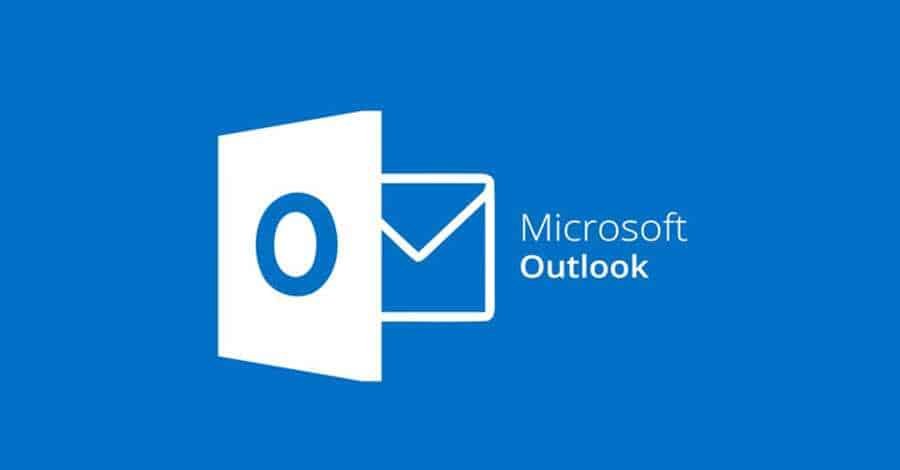Microsoft at during the weekend announced that an employee's account supportς παραβιάστηκε από hackers. Με αυτό τον τρόπο οι επιτιθέμενοι κατάφεραν να έχουν access in electronic accounts post officeof users.
However, the news reports that the incident was worse than what the company wants to present in its announcement and that the hackers were able to read the users' emails.
A Publication of Motherboard reveals that the attackers were able to "access any email account as long as it was not corporate-level."
Microsoft said in a statement to its users that hackers had access to certain information, such as e-mail folder names and message subjects, but did not have access to the contents of the message.
This unauthorized access could allow unauthorized parties to access and/or view information about your account (such as your email address, folder names, subject lines of e-mail and the names of other email addresses you communicate with), but not the content of any emails or attachments
However, according to Motherboard, the hackers were able to gain "full access to the email content" as the support account they were using had high access rights.
Microsoft later acknowledged that this was true, stating that the emails of a very small number of users may have been exposed.
In addition, although Microsoft reports that the breach occurred from January to March, the Motherboard publication states that hackers have been accessing email accounts for about six months. However, Microsoft denied it.
________________
- Linux: Install on Windows Server (without Store)
- Windows 10 version 1903: installation keys
- Windows 10 May 2019 Update from today in Release Preview ring





